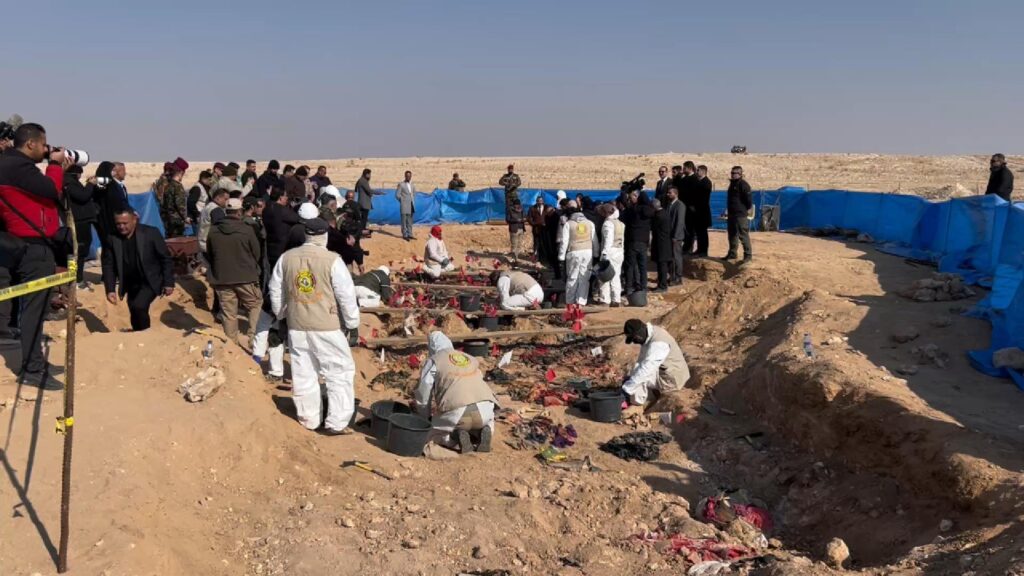Iran’s US-sanctioned banks operating freely in Germany

Dr. Majid Rafizadeh
Without the assistance of Iran’s banks, it is difficult to imagine that the Islamic Revolutionary Guard Corps (IRGC) and it elite branch the Quds Force would have been capable of accruing such remarkable power — exporting the regime’s revolutionary principles, carrying out extraterritorial operations, sponsoring and arming terror groups, and attempting to assassinate foreign political figures and dissidents.
This is why one of the first set of sanctions the US reimposed on Iran following its 2018 withdrawal from the nuclear deal was linked to the regime’s banking system. The US Department of Treasury targeted 50 Iranian banks and their foreign and domestic subsidiaries with the sanctions it announced in November 2018. This was its largest single-day action “targeting the Iranian regime’s abuse of Iran’s banking sector to fund its destabilizing activities.” The Treasury added that the Iranian regime had funneled the equivalent of billions of dollars for the Quds Force through the banking sector.
Despite this tough US stance, unfortunately many of the sanctioned Iranian banks are still operating with impunity in Germany.
By allowing these Iranian banks to continue to do business, Berlin appears to be providing some German firms with the ability to do business with Iran. According to a report published last week by United Against Nuclear Iran, “Siemens, Volkswagen and the big multinationals have pulled back due to US sanctions, but many of Germany’s 3.5 million small and medium-sized enterprises are still prepared to do business with Iran. And they still can. From Hamburg in the north to Munich in the south, (these) firms can obtain letters of credit, bank guarantees, insurance and all the other trade finance products they need from their Iranian facilitators.”
One of the most crucial Iranian banks — and the largest bank owned by the Tehran regime — that is still in business in Hamburg is Bank Melli. When it comes to revenue, Melli ranks first in the country.
Bank Melli has been implicated in several major covert and illicit activities across the globe. For example, when a US court concluded in 2017 that prosecutors could confiscate a skyscraper in Manhattan to compensate the families of victims of Iranian-sponsored terrorist attacks including 9/11, it was revealed that 60 percent of the building was owned by the Alavi Foundation and 40 percent by Assa Corporation, which is controlled by and operates on behalf of Bank Melli, according to the US government. After going through a “massive amount of evidence,” the judge said she was “firmly convinced” that the Alavi Foundation “takes directives from Iranian government officials, and its day-to-day operators have been appointed by Iranian officials to ensure conformity with the interests of the government of Iran.” The foundation has also made donations to various institutions in the US, including Iranian programs and universities such as Columbia in New York.
Another major Iranian bank that is still conducting business in Hamburg is Bank Sepah. It is also owned by the Iranian regime and has been sanctioned by the US Treasury Department due to its provision of “direct and extensive financial services” to Iran’s key ballistic missiles procurement and development agencies.
Another important bank in Germany is the European-Iranian Handelsbank (EIH), which has been linked to more than a billion dollars-worth of transactions for the IRGC, as well as Iran’s Defense Industries Organization and Aerospace Industries Organization.
The Iranian regime has become masterful in its attempts to chart illicit paths and exploit other nations’ financial systems. For example, Bahraini Foreign Minister Khalid bin Ahmed Al-Khalifa in 2018 reported that the government had detected the Iranian-linked Future Bank was operating a covert corruption scheme in Bahrain. It was later revealed that Iran’s Bank Melli instructed Future Bank officials on what to do when routing money through the US in order to conceal its origins. The Iranian regime likely uses such illegal financial activities to skirt sanctions and sponsor terrorism, proxies, lobbyists and spies in other countries.
This assists the Iranian leaders in employing sophisticated methods such as “wire-stripping” in order to avoid leaving any tracks behind, as well as concealing where payments and transfers originated from or were deposited.
Germany’s authorities must put an end to the operations of the Iranian banks that are still conducting business in the country. Allowing Iranian-owned banks to freely operate contributes to the regime’s terror activities and destructive behavior across the region.


